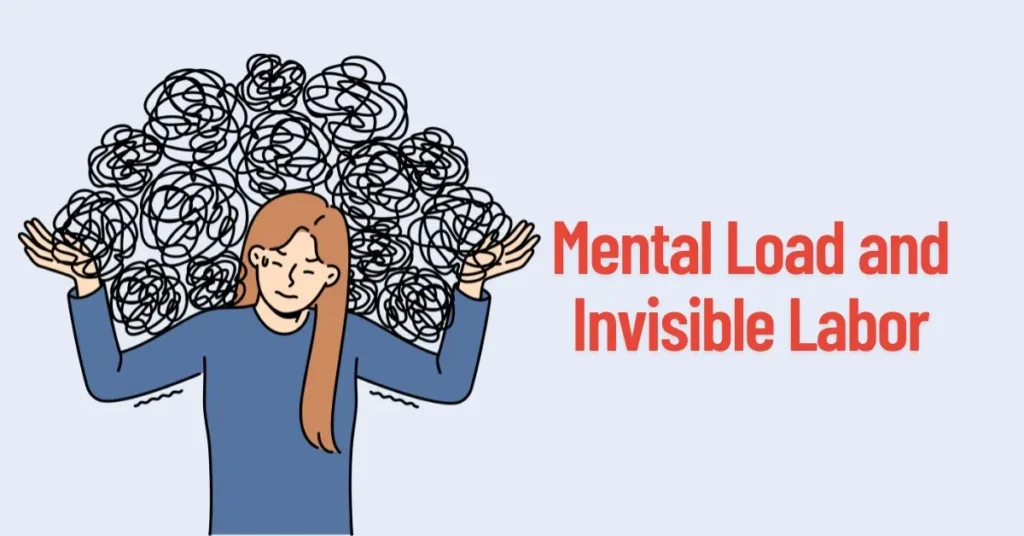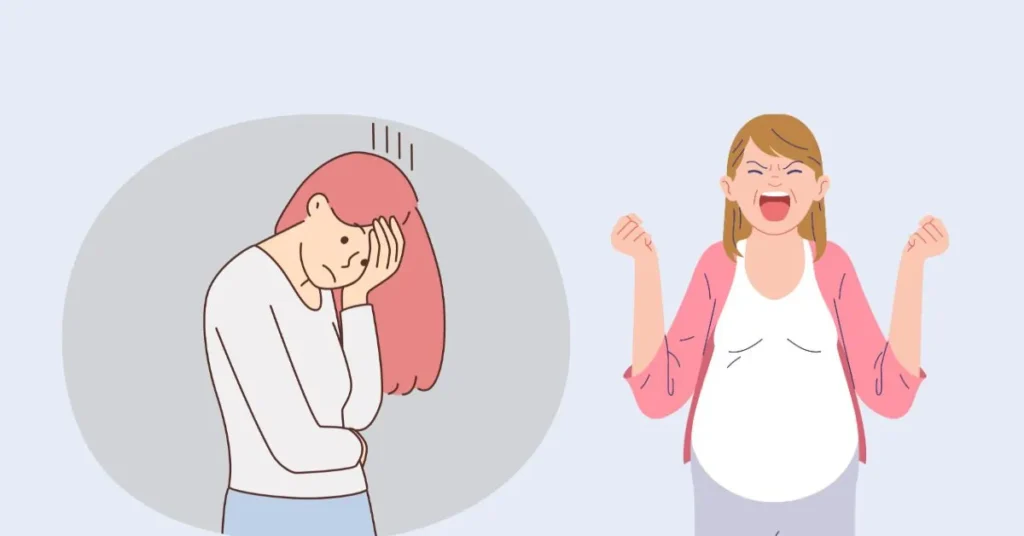
Wondering why wives are unhappy in marriage despite having it all? This in-depth article uncovers psychological, emotional, and relational reasons behind marital unhappiness—and how to fix it.
The Silent Struggles Behind the Happy Wife Myth
At a glance, everything might seem perfect—a stable home, children, and a supportive partner. But beneath the surface, many wives feel a growing emotional disconnect, loneliness, or dissatisfaction in their marriages. If you’re wondering why wives are unhappy in marriage, you’re not alone. This is a deeply emotional and complex topic that affects millions of households around the world.
Let’s dig into the real reasons behind this unhappiness, supported by research, psychology, and real-life insights.
Table of Contents
1. Emotional Disconnection: Feeling Unseen and Unheard
One of the most common reasons for marital dissatisfaction is emotional neglect. When a woman feels like her emotional needs are not being met—no matter how many physical or financial boxes are checked—resentment builds.
“Women tend to define intimacy as emotional closeness, while men often focus on physical closeness,” says relationship therapist Dr. John Gottman, author of The Seven Principles for Making Marriage Work.
Why this happens:
- Lack of meaningful conversations
- Being interrupted or dismissed
- No emotional validation
- Feeling like a roommate instead of a partner
👉 What to do:
Couples therapy, such as the Gottman Method, emphasizes emotional attunement and listening skills. The Gottman Institute is a great resource.
Also Read: Why Is My Wife Always On Her Phone? Am I Not Enough Anymore?
2. Mental Load and Invisible Labor

Many wives carry the “mental load”—an ongoing, invisible responsibility for managing the household, remembering birthdays, planning meals, kids’ schedules, etc.
This leads to:
- Chronic stress and burnout
- Resentment towards a partner who seems “relaxed”
- Feeling underappreciated or unseen
A famous comic by Emma perfectly explains this imbalance.
Quick stat:
According to a study published in Sociological Inquiry, women in heterosexual marriages perform 65% more of household work than men—even when both partners are employed full-time.
3. Unmet Expectations and Unspoken Needs
Marriage often comes with a silent script—a set of expectations shaped by culture, family, media, and personal dreams. When reality doesn’t match, disappointment sets in.
Examples of unmet needs:
- Emotional intimacy
- Quality time
- Shared parenting duties
- Support in career or personal growth
When these needs go unexpressed or unmet, emotional withdrawal becomes a coping mechanism.
4. Lack of Physical and Sexual Intimacy
Physical connection isn’t just about sex—it’s about affection, closeness, and being desired. A lack of intimacy can make wives feel unattractive, unwanted, and emotionally isolated.

Common causes:
- Hormonal changes (especially after childbirth)
- Poor communication about desires
- One-sided initiation
- Emotional disconnection bleeding into physical space
Healthline discusses how sexless marriages often signal deeper relational issues.
5. Loss of Identity and Personal Autonomy
Many women report a loss of self in marriage—especially after becoming mothers. The roles of “wife” and “mom” can overshadow their individual identity.
This can lead to:
- Depression
- Anxiety
- Low self-worth
- A craving for freedom or novelty
Fix it: Encourage space for personal goals, hobbies, and friendships outside the marriage.
Also Read: Why Is My Wife Distant After Having a Baby? Understanding the Emotional Shift
6. Lack of Appreciation and Emotional Labor Fatigue

Saying “thank you” might seem small, but it holds immense power. Wives who feel like their efforts go unnoticed—whether it’s packing lunch boxes or managing bills—often feel emotionally depleted.
According to Dr. Brené Brown, a leading researcher on vulnerability and relationships, “gratitude is the antidote to disconnection.”
✅ Pro tip: Create a nightly ritual where both partners name one thing they appreciated about each other that day.
7. Communication Breakdown: Fighting vs. Fixing
When communication becomes about winning arguments instead of solving problems, it leads to ongoing conflict or total emotional shut-down.
Signs of unhealthy communication:
- Stonewalling
- Criticism instead of complaints
- Passive-aggressiveness
- Defensive behavior
Psychology Today outlines damaging patterns like these and how to correct them.
8. Unhealed Trauma or Past Wounds
Sometimes, the unhappiness isn’t just about the marriage itself. It could be past emotional baggage, childhood trauma, or earlier relationship wounds resurfacing.
Example:
A wife who was emotionally neglected in childhood may become hyper-aware of any lack of attention in the marriage—even if unintentional.
Therapy can help decode these patterns. BetterHelp offers affordable online options.
9. Feeling Trapped or Financially Dependent
Some wives feel stuck in a marriage due to financial constraints, lack of support systems, or cultural pressures. Even if unhappy, they may not feel like they can leave.
This sense of powerlessness contributes to:
- Depression
- Passive resentment
- Emotional numbness
Encouraging financial literacy and independence can restore a sense of control and security.
10. Social Comparison and Unrealistic Expectations

With Instagram-perfect marriages flooding our feeds, many women feel like their relationship is “less than.” Comparing their husband to someone else’s curated highlight reel creates toxic dissatisfaction.
The solution? Focus on reality, not filtered perfection.
Conclusion: Unhappiness Doesn’t Mean the End
Feeling unhappy in a marriage doesn’t mean the relationship is broken—it’s often a signal that something deeper needs attention. By understanding the emotional, psychological, and practical reasons behind that unhappiness, couples can begin to rebuild, reconnect, and rediscover love in its truest form.
A happy wife isn’t just a myth—it’s a reality that begins with communication, compassion, and mutual effort.
FAQs About Why Wives Are Unhappy in Marriage?
1: Is it normal for wives to feel unhappy in marriage?
Yes, it’s more common than you think. Emotional disconnect, mental overload, and unmet needs can silently build over time. Recognizing the signs is the first step to healing.
2: Can therapy help an unhappy marriage?
Absolutely. Therapy provides a safe space to explore emotions, improve communication, and heal relational wounds. Look into couple’s counseling or even individual therapy if needed.
3: How can husbands support unhappy wives?
Start by listening—really listening. Offer emotional validation, share responsibilities, express appreciation, and show genuine interest in her emotional world.
4: Does having children make wives more unhappy in marriage?
It can. Motherhood brings joy but also increased stress, identity shifts, and reduced couple time. Support, communication, and co-parenting can ease the burden.
5: What if only one partner is trying to fix the marriage?
It’s tough, but change can begin with one person. Set boundaries, focus on your emotional health, and encourage counseling. Over time, it may inspire the other to participate.





